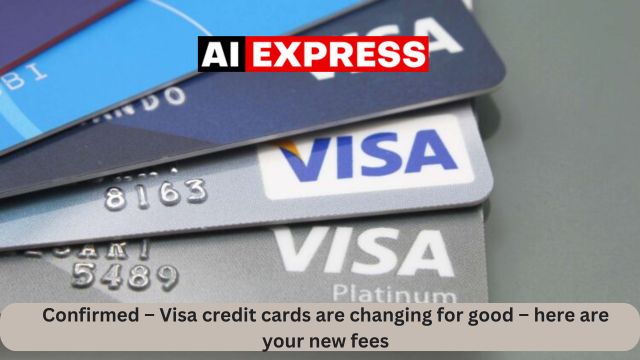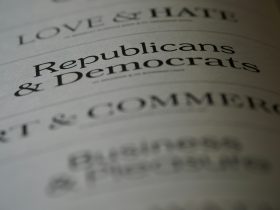Aiexpress – Visa is set to raise certain fees it charges for credit card payments starting January 1st, as announced by the processor Global Payments this month. According to a notification cited during a recent Senate hearing, Visa will increase its base transmission cost, which financial institutions pay, to a quarter of a cent from 18% of a penny. Additionally, the abuse fee merchants pay will rise by two-thirds, from 9 cents to 15 cents per transaction. A misuse fee will also apply to transactions that are approved but not resolved within a specific period.
Although banks issue Visa credit cards, businesses typically absorb these fee increases. The planned hikes coincide with ongoing pressure on Visa to lower the fees it charges retailers when customers use credit cards for purchases. Merchants, restaurants, and other businesses typically pay between 1% to 3% of the transaction amount in interchange charges, with Visa imposing additional network fees.
Visa’s U.S. digital commerce service fee, however, will remain unchanged at this time. The increase in certain fees follows growing calls from lawmakers to reduce the financial burden on businesses, particularly small retailers. Senators on both sides of the aisle criticized the high fees, pushing for changes during a Senate Judiciary Committee hearing last week, where the proposed Credit Card Competition Act was debated. This legislation aims to introduce competition by requiring the availability of networks other than Visa and Mastercard for transaction processing.
During the hearing, Doug Kantor, a representative of retail groups, pointed out Visa’s plan to raise fees in January, a month outside of the typical April and October fee hike cycles. Kantor, a member of the Merchants Payments Coalition and general counsel for the National Association of Convenience Stores, expressed concern over the fee increases. He noted that Visa’s planned base fee hike would also affect financial institutions, though this change is still under review.
The Electronic Payments Coalition (EPC), which represents the banks and networks involved in card payments, defended the fees in a statement following the hearing. The EPC argued that interchange fees have remained relatively stable, hovering around 2% since 2017. It highlighted that businesses have been paying the same fees for almost a decade, with additional costs only arising if a company’s sales increase significantly.
Meanwhile, in a separate legal development, U.S. courts recently ruled that the fees charged to Americans for using Visa and Mastercard debit cards were unfair. As a result, the two companies will be required to reimburse over $1,700 million to affected users. Those who paid non-refundable fees between October 1, 2007, and July 26, 2024, to ATM networks like Bank of America, Chase, or Wells Fargo are eligible for a refund. A simple procedure has been set by each bank to allow eligible users to claim their reimbursements.
The impending fee increases and ongoing legal proceedings highlight the growing scrutiny of Visa and Mastercard’s pricing practices, with lawmakers, retail groups, and consumers pushing for more competitive and fairer payment processing systems.













Leave a Reply